In terms of the distinction between managerial and financial accounting, the nature of the information analyzed and recorded in each is the most significant distinction. Operational and assessed to aid in strategic decision-making by management.

What is the difference between managerial and financial accounting?
Administrative and financial accounting is one of the most significant financial parts of corporate administration; nevertheless, despite their specialization in comparable domains, they are distinct in many ways. Whilst financial accounting is concerned with financial reporting, financial audits, taxes, and budgets, managerial accounting is concerned with planning, monitoring, financial analysis, cost management, and financial data analysis.
Financial accounting’s primary function is to provide accurate financial information to help manage funds and maintain the company’s financial balance, whereas managerial accounting’s primary function is to analyze operational data and convert it into useful information for management to use in making strategic decisions and enhancing the company’s performance.
Financial accounting uses traditional ways for financial reports and financial statements, whereas management accounting employs contemporary methods, such as data analysis, forecast models, and commissioning analysis.
The systems of budgets, profitability analysis, cost analysis, and strategic management referred to by the phrase “management accounting” are used to enhance business operations and increase profitability.
The focus of managerial accounting includes product cost analysis, inventory management, tax planning, budget preparation, and financial analysis.
The distinction between managerial and financial accounting can be attributed to the type of information processed and recorded in each.
Financial accounting documents daily financial information and evaluates the company’s performance based on consolidated financial statements, whereas managerial accounting focuses on gathering and evaluating operational data to assist management in making strategic decisions.
Financial accounting supplies management with precise financial data, which is used in managerial accounting to make managerial decisions.
Hence, finance and management accounting work together to fulfill the company’s goals, and businesses must utilize each effectively to enhance the performance of internal operations and meet financial and administrative objectives.
In general, management and financial accounting are crucial components of corporate operations and financial data analysis, but businesses must understand the distinction between the two in order to decide their preferred application and achieve success.
What is the difference between accounting and finance?
Accounting and finance refer to distinct facets of the company and financial management. Accounting is the monitoring and documentation of a business’s financial activities, such as payments, receipts, costs, and revenues. It assists in analyzing financial activities and drawing conclusions that reflect the financial situation of the organization.
Finance includes general financial operations, money management, investments, and financing. The objective of the finance department is to maximize the company’s profitability by making sound financial decisions and providing the required financial resources to meet its needs.
There are substantial distinctions between accounting and finance despite their conceptual resemblance. Finance focuses on managing money and regulating expenses, revenues, and risks, whereas accounting focuses on recording and analyzing financial movements.
Providing accurate and trustworthy financial reporting, including profits and losses, cash flows, assets, liabilities, and solvency, is a crucial part of accounting.
The financial aspect involves managing the company’s financial resources, selecting how to finance current and future activities, and managing financial risks.
Accountants for corporations examine the financial information recorded in the accounting books and generate financial reports, budgets, and financial statements.
While the Finance Department supervises the company’s cash flow, selects the most profitable investments, and provides adequate funding sources to satisfy the company’s financial demands, the Accounting Department oversees the company’s financial transactions.
Accountants must have an in-depth understanding of accounting, tax law, and financial statements, whereas financiers must have an in-depth awareness of financial markets, and the capacity to analyze financial accounts and provide appropriate financing for the company.
In general, the distinction between finance and accounting can be summarised as follows: accounting is concerned with recording financial operations, whereas finance is concerned with supplying financial resources to the organization and achieving the requisite profitability.
In addition to defining aspects, the accounting and finance departments must work closely together to achieve financial and strategic objectives. The primary accounting and financial information for the company, which promotes success, expansion, and increased earnings.

What is meant by cost accounting?
Cost accounting is a collection of procedures and strategies used to determine the price of a product or service.
It is regarded as one of the most important specialized fields in the field of accounting, which is the method by which the institution calculates the expenses of production and services rendered.
This procedure involves analyzing the costs of raw materials, salaries, and general expenses in order to control and, if possible, cut costs.
Using costing, accountants gain precise information on the cost of producing goods and services, which may be utilized to enhance efficiency, productivity, and profitability.
Cost accounting is one of the most advanced fields of accounting, where powerful computer programs are utilized to simplify the process of cost calculation and save time and effort, and where professionals and specialists are employed to produce the best results.
The importance of cost accounting
Cost accounting is one of the most important components in ensuring the success of an organization since it enables management to calculate the costs of production and services and compare them with revenues, hence facilitating profitability and enhancing resource management.
Cost accounting also entails assessing the financial accounts of the business and giving the management the required reports; it enables the management to make the appropriate financial decisions, enhancing the organization’s financial management.
In addition, cost accounting plays a significant part in decision-making processes, including the establishment of product prices and the determination of the quality that should be made available to customers at reasonable costs.
Cost accounting is one of the most advanced fields of accounting and a crucial procedure for the success of companies, as it helps to identify and cut expenses and enhance the financial management of the firm.
In conclusion, the distinction between managerial accounting and financial accounting is that each focuses on different aspects of financial management in firms. Managerial accounting focuses on examining internal data and information to improve the organization’s performance, whereas financial accounting assesses the organization’s financial status and prepares financial reports for external parties. Although there is a distinction between managerial and financial accounting, both are crucial for properly managing money and attaining the organization’s objectives.




